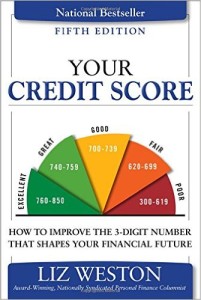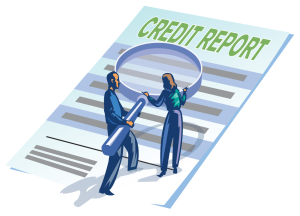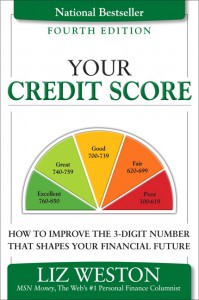 Today’s top story: 6 myths about IRAs you can’t afford to believe. Also in the news: New loan modifications from Fannie and Freddie, tax refund loans, and what the Consumer Financial Protection Bureau offers consumers.
Today’s top story: 6 myths about IRAs you can’t afford to believe. Also in the news: New loan modifications from Fannie and Freddie, tax refund loans, and what the Consumer Financial Protection Bureau offers consumers.
6 Myths About IRAs You Can’t Afford to Believe
IRA mythbusting.
New Loan Modification From Fannie, Freddie: What to Know
Keeping your home out of foreclosure.
Tax Refund Loans Offer Fast Cash for Early Filers
But pay close attention to the fees.
What Is the CFPB and What Does It Offer Consumers?
And why it’s in danger.
 The Consumer Financial Protection Bureau today ordered Equifax and TransUnion to pay more than $23 million in restitution and fines for deceiving consumers about the usefulness and actual cost of credit scores they sold to consumers. Regulators said the bureaus also lured customers into expensive subscriptions when people thought they were getting free scores.
The Consumer Financial Protection Bureau today ordered Equifax and TransUnion to pay more than $23 million in restitution and fines for deceiving consumers about the usefulness and actual cost of credit scores they sold to consumers. Regulators said the bureaus also lured customers into expensive subscriptions when people thought they were getting free scores.

